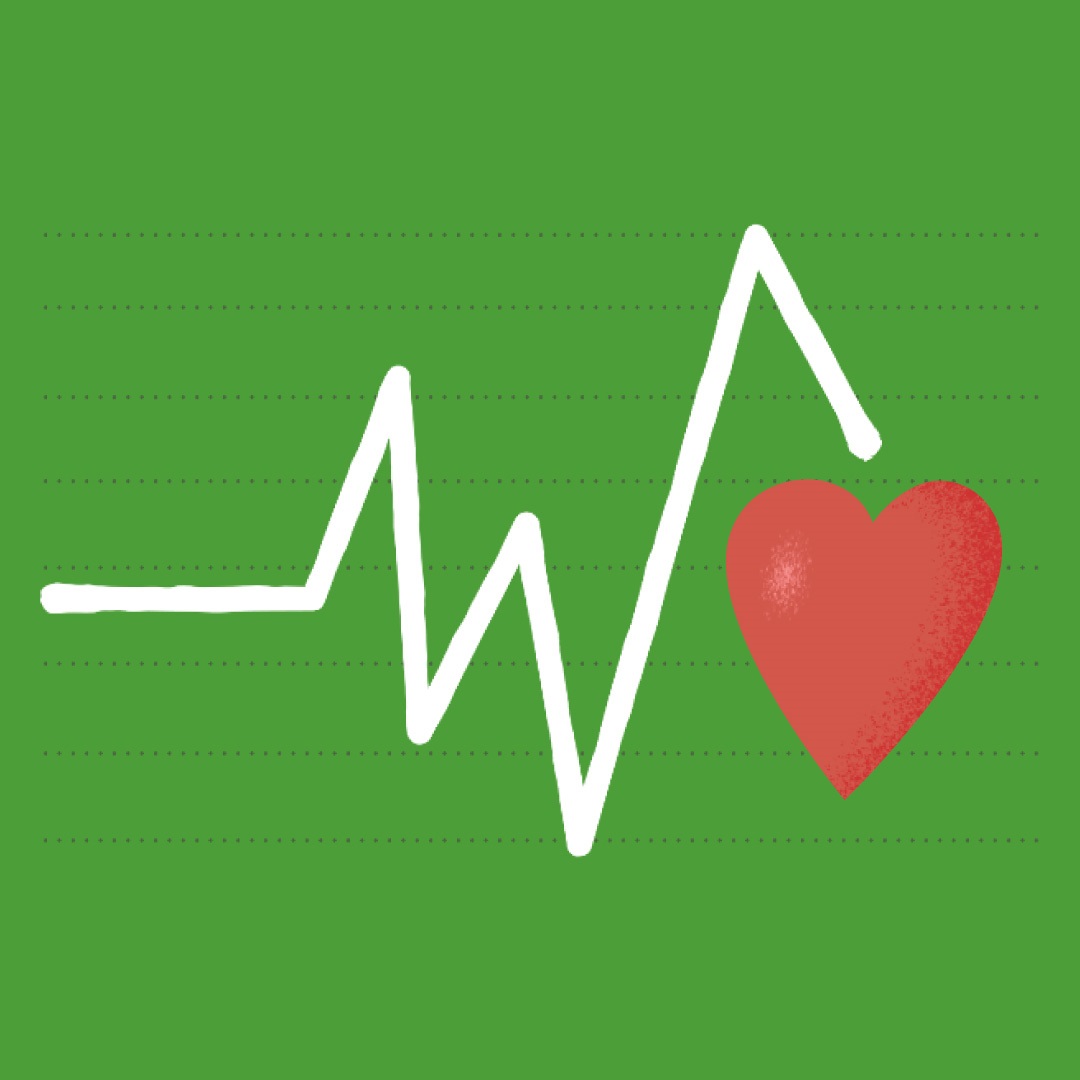Health is a comprehensive state of physical, mental, and social well-being, not merely the absence of disease or infirmity. The World Health Organization (WHO) emphasizes that the highest attainable standard of health is a fundamental human right, regardless of race, religion, political belief, or economic condition.
Health 1.0: Ancient Wisdom and Beginnings of Public Health Infrastructure
Ancient civilizations of China, India, and Egypt utilized medicinal plants and herbs to drive beneficial health outcomes for thousands of years.
A significant leap in understanding health occurred in Greece around 400 BCE with Hippocrates, who suggested that diseases had natural causes and health depended on the balance of bodily fluids.
Later, the Romans and the Islamic empires brought about transformational infrastructure innovations crucial to public health, such as sewers and hospitals.
Health 2.0: Renaissance to Modern Medicine
The Renaissance era brought empirical methods to medicine and spread anatomical knowledge widely through the printing press. The development of vaccines in the 19th century and antibiotics in the 20th century transformed human health, moving from reactive to preventive medical practices.
The Modern Era: Digital Health and U.S. Healthcare Challenges
The advent of the internet and digital technology revolutionized health records and medical practices. Electronic health records, telemedicine, and genetic testing are now part of everyday healthcare. However, the U.S. healthcare system faces complexities with its costly infrastructure, primarily funded through private and employer-subsidized health insurance, leading to long standing debates over its efficiency and equity.
Most Americans face high insurance premiums, while benefiting from minimal preventive care, such as annual check-ups. The system is skewed towards managing more severe illnesses, with a significant portion of healthcare spending concentrated on a small percentage of critically ill patients. Simultaneously, societal issues like obesity and chronic diseases persist, exacerbated by lifestyle choices promoted by a consumer-driven culture.
Key Advancements and New Trends
-
Wearable Health Technology: Devices like smartwatches and fitness trackers not only monitor vital signs such as heart rate and sleep patterns but also track exercise habits and overall physical health, providing a continuous stream of data that can be analyzed for personalized health insights.
-
Artificial Intelligence and Big Data: AI technologies are pivotal in processing large datasets to uncover patterns that help in predictive diagnostics, personalized treatment plans, and operational efficiencies in healthcare settings. These tools are also revolutionizing areas like imaging and pathology by providing more accurate analyses faster than traditional methods.
-
Consumer Empowerment: Enhanced access to health information and data-driven insights empowers consumers to take charge of their health. Tools and platforms provide education and enable users to make informed decisions about lifestyle, treatment options, and preventative measures.
-
Telemedicine: This technology facilitates remote diagnosis and treatment by connecting patients with healthcare professionals via digital platforms, reducing the need for physical visits and making healthcare more accessible to those in remote or underserved areas.
-
Integration of Mental Health: Digital mental health applications, online therapy services, and virtual support groups are making mental health care more accessible. This trend acknowledges the essential role of mental wellness in overall health and works towards integrating it seamlessly with physical health care.
-
Decentralization of Healthcare: By shifting healthcare delivery from large, centralized hospitals to community-based clinics and home care settings, healthcare becomes more personalized and responsive. This trend helps reduce bottlenecks in hospitals and allows for more focused and continuous care.
-
Regulatory Support: Governments and health organizations are increasingly crafting policies that facilitate the rapid adoption and safe integration of innovative health technologies. This includes easing restrictions on telemedicine and supporting the use of AI and big data in clinical environments.
-
Blockchain for Health Data Security: Blockchain technology ensures the secure exchange of medical records by creating an immutable ledger, enhancing patient privacy and trust, and facilitating smoother transfers of records between different healthcare providers.
-
Genomics and Personalized Medicine: Advances in genetic testing have enabled the identification of individual genetic profiles, leading to tailored medical treatments that accommodate each person’s unique genetic makeup, thereby increasing the effectiveness of treatments and reducing side effects.
-
Sustainability in Healthcare: There is a growing push to adopt environmentally sustainable practices within the healthcare industry, from reducing waste and managing the disposal of medical supplies to minimizing the carbon footprint of healthcare facilities.
Envisioning a Better System
In an ideal world, our healthcare system would securely manage private health data and use it to actively improve our health. It would harness the internet’s vast information resources, provide personalized health advice, and foster a collaborative approach to health management. Monitoring outcomes and adapting strategies would be standard, helping not only individuals but also informing community health practices.
Technological Integration and Future Prospects
With advancements in AI, machine learning, mobile technology, cloud computing, and smart wearables, we have the tools needed to significantly enhance health management. These technologies can help slow age-related health decline and lead to more proactive health maintenance.
Are we set up for Health 3.0?
A shift towards a more integrated, technology-driven health system could bridge the gap between historical health wisdom and modern medical practices, making better health achievable for all. This Utopian vision of Health 3.0 isn’t just a dream; it’s a potential reality that could fundamentally alter our approach to health and wellness.
Only time will tell.
